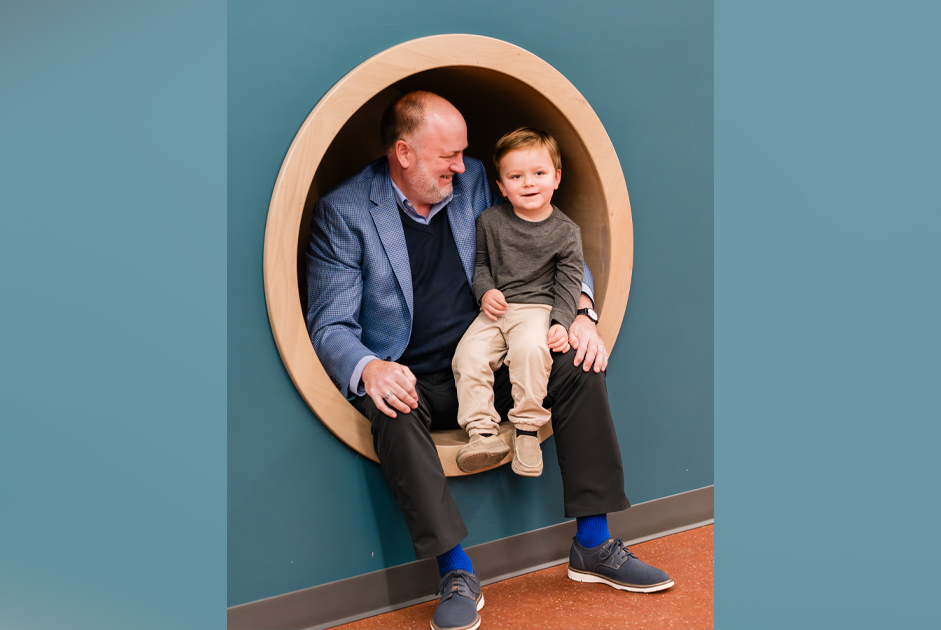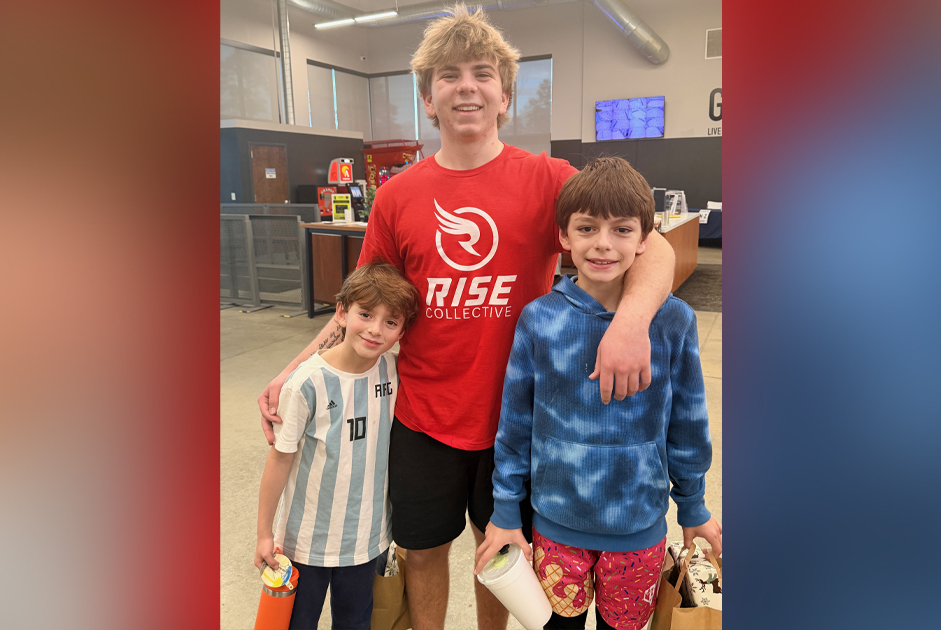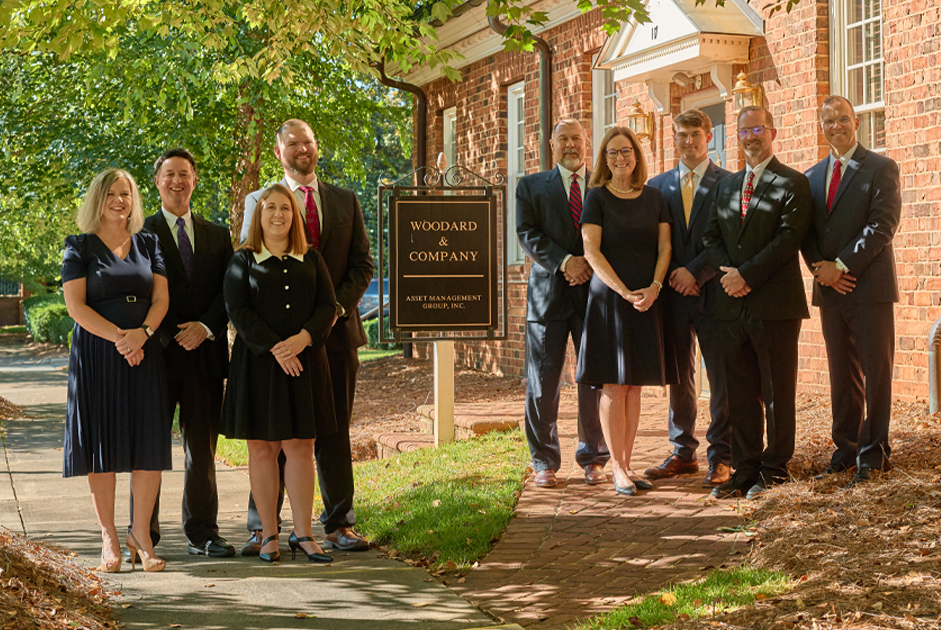BY SANDY HARPER
You have made the decision to send your child to summer camp. Perhaps it is because of your own past summer camp adventures. You hope that they will have the same fun and fond memories of summertime spent outdoors with friends. Most likely, the same reasons your parents sent you.
Yet, there is a difference. You are the parent this time, and it is your children heading off on their own. Though you are excited for them, you also have concerns and questions. You are not alone.
Here are seven of the most common FAQs asked by parents just like you.
Brandy Metcalf, a camp senior high counselor from Laurel Ridge Summer Camp, thoughtfully answered some of these questions. She has been a counselor there for more than ten years.
Seven FAQs
- Should I write to my child while they are at camp?
“Yes, absolutely parents should write! It is so important for kids to be able to connect with their families while they are away at camp.”
This is one great way to help a child battling with homesickness. In addition, they will feel connected with what is happening at home.
- What are the age ranges of the counselors? Are they background checked?
“To be a counselor for senior high, you must be at least 23, to create enough age difference between the campers and the counselors. Yes, everyone is background checked.”
Camp qualifications are all a little different and typically based on camp setting, focus and position. According to Camp Staff USA, camp counselors must be at least 18 years of age.
- Are safety precautions set?
Yes, all camps should have ACA Accreditation. This proves that a camp has had a regular, independent safety audit that goes beyond regulations in most states. Accreditation is much more than just licensing. The ACA Accreditation program has two main purposes. First, is to educate camp owners and directors of important areas, such as the health and safety of campers and staff. Second, they want to help parents and guardians choose a camp that meets industry-accepted and government-recognized standards. However, no accreditation can guarantee safety. It does give parents a great relief when the camp shows dedication in offering the safest and most sincere care possible.
- What are my kid’s eating options? How does your camp handle food allergies and sensitivities like peanuts and tree nuts, dairy and gluten?
“Kids or parents/guardians fill out forms prior to coming to camp. This allows the camp to prepare for all allergies. The camp offers a wide variety of food options. At Laurel Ridge, it ranges from pizza to veggies to salad to tacos. Thus, it gives campers healthy alternatives.”
According to Food Allergy Research and Education (FARE), one in 13 children in the United States has food allergies. These reactions can range from mild to life threatening. The American Camp Association has taken this information seriously. They are teaching and educating camps about food allergies.
- What are discipline policies?
“Discipline depends on what they do to break the rules. The severest of punishments is a camper going home from camp due to behavior.”
Most camps seem to have similar discipline policies set in place. Moreover, all campers must understand and follow the guidelines set forth. First offence is typically a warning. Second is time out from the group and activities. Finally, a third strike is a written warning sent to parents with a discussion of the issue at hand.
- What should they pack?
“I have a HUGE list of things to bring each year that I continue to add to year after year. It includes safe ingredient sunscreen, safe ingredient bug spray, shampoo & conditioner, pillows, blankets, a flashlight, a hammock, a water bottle, sheets for my bed, plenty of clothes and so much more!”
- How do you respond to homesickness?
“As far as being homesick goes, at least one kid goes home every year because they are homesick. However, church camp is an incredible environment, one that is safe and sacred. If you’re really engaging and there for the right reasons, home is the last thing on the brain!”
If you still have questions or concerns about the summer camp of your choice, give them a call. Camp staffers are aware that you may have questions, and they are ready with answers. The most important thing for all concerned is that your children have the safest and most memorable time at summer camp!


















